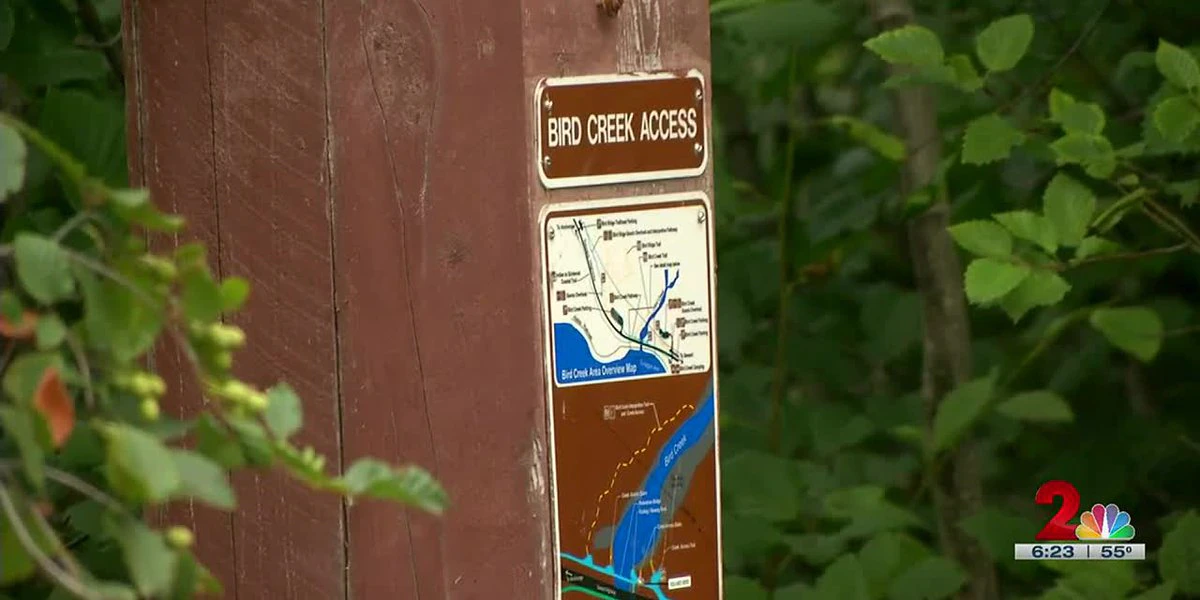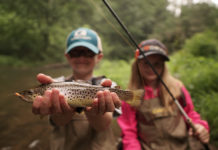The American Fly Fishing Trade Association and the AFFTA Fisheries Fund (jointly AFFTA) on Thursday released a report, “Recommendations to Improve the Health and Sustainability of America’s Marine Fisheries.” The report, developed by a blue-ribbon panel comprised of fishery scientists and managers, provides a focused set of recommendations and lays out the steps needed to enact bold federal fisheries management and marine conservation efforts guided by the best available science.
The effects of climate change and overfishing are among the principal threats to fisheries that AFFTA and the fly fishing industry have long fought to address. The blue-ribbon report provides a comprehensive and systematic approach that, if implemented, will strengthen marine fisheries conservation and management, support more abundant recreational fisheries, and lead to more abundant marine fisheries in all U.S. ocean waters.
The number of people participating in recreational fishing is growing.
According to a special report released in 2020 by the Recreational Boating and Fishing Foundation and the Outdoor Foundation, from 2018 to 2019, the number of people fly fishing grew by 100,000, bringing the total number of participants to a record 7 million.
With states reporting substantial increases in the number of recreational fishing licenses sold during the pandemic, these figures are expected to increase when 2020 data is studied. In 2018, the industry generated $1.172 billion, a 31% increase over the prior year.
“Marine fishing is a growing sport whose popularity continues to soar as more people are turning toward the great outdoors to find solace in nature and ways to recreate responsibly,” AFFTA president Ben Bulis said. “We must take action to protect our marine fisheries and restore habitats. If there are no fish, there’s no fishing.”
“Proposals to better manage ocean resources are almost as many as the seas are broad,” AFFTA’s Fisheries Fund executive director Whitney Tilt said.
“This report identifies a set of targeted solutions to strengthen marine fisheries conservation for the benefit of the marine environment as well as the commercial and recreational industries that depend on it.”
The blue-ribbon report organized policy solutions under three key categories: recover imperiled and overfished species, manage for abundant recreational fisheries, and address key threats to sustainable fisheries.
The full AFFTA Fisheries Fund report is available at afftafishfund.org/marine-fisheries.
Credit: Source link






























